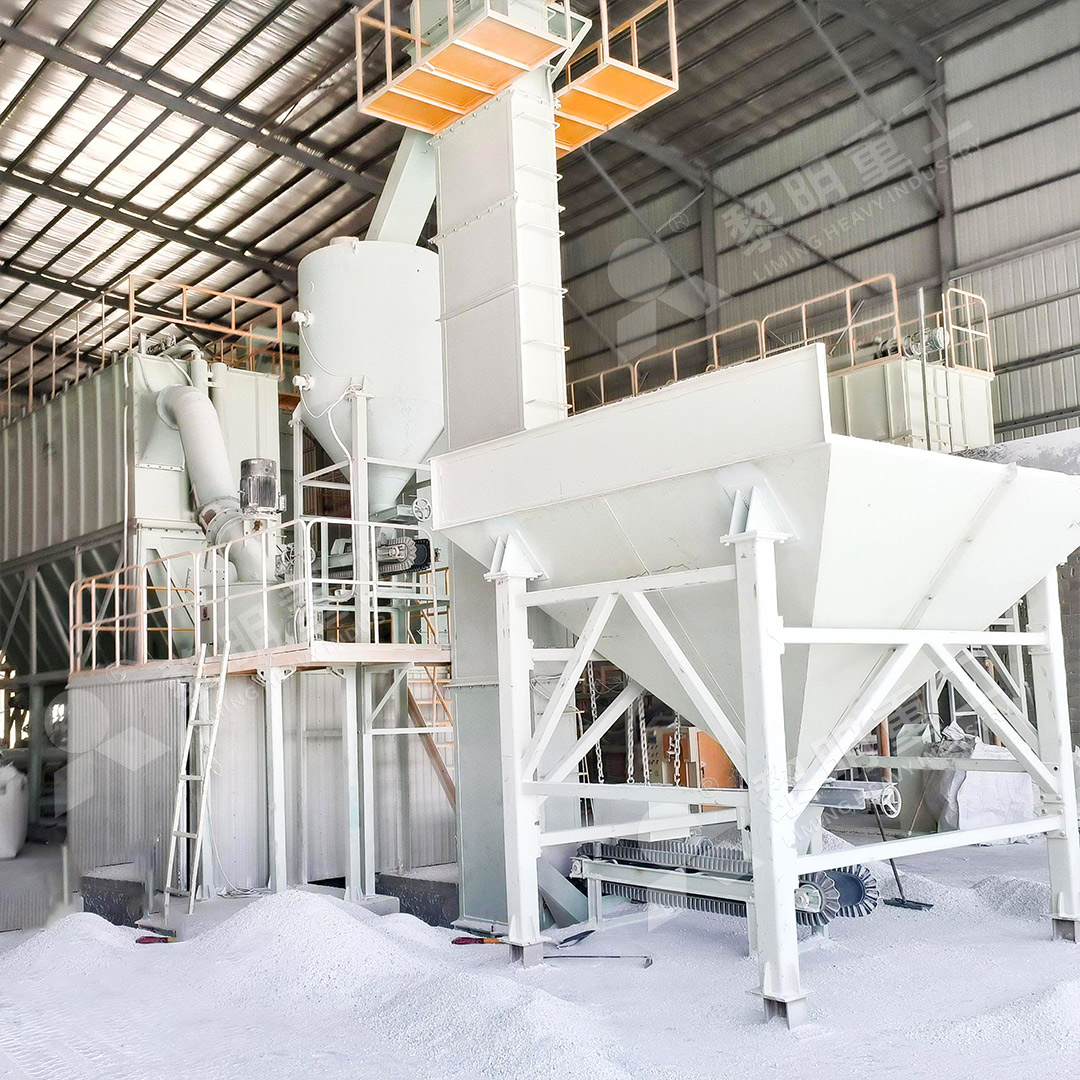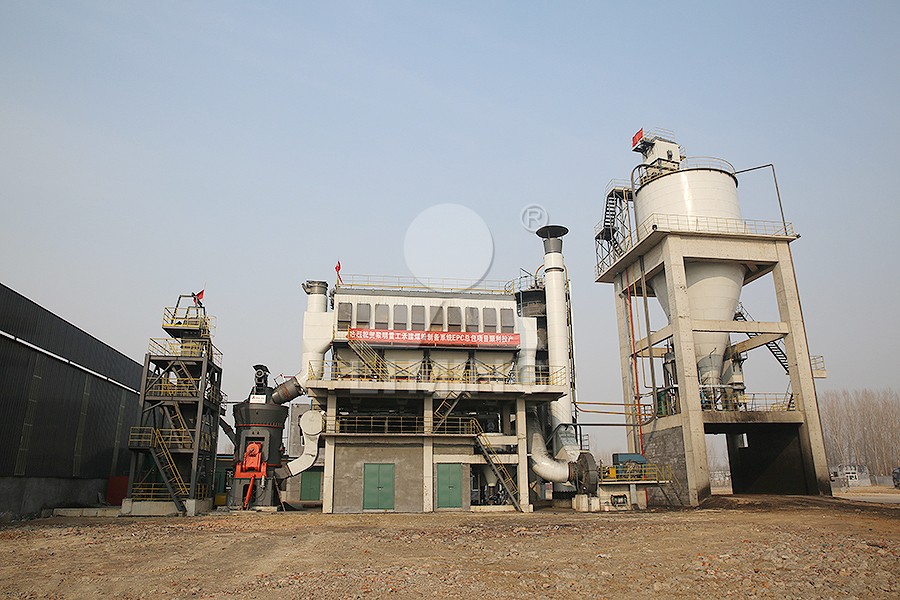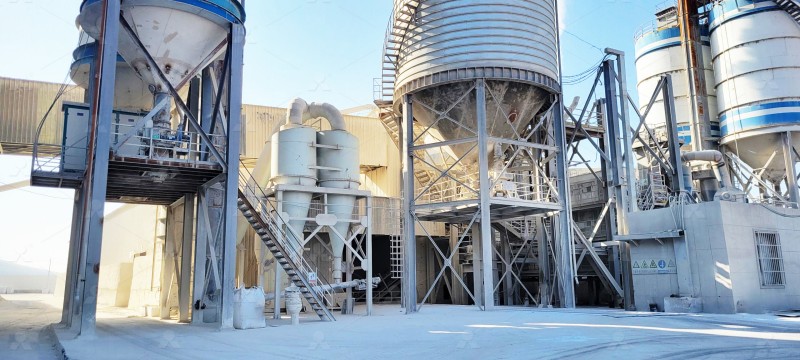Top Performance Coal Grinding Mills: Which Manufacturer Leads?
Top Performance Coal Grinding Mills: Which Manufacturer Leads?
In the competitive world of industrial grinding, selecting the right equipment for coal processing can significantly impact operational efficiency, energy consumption, and environmental compliance. With numerous manufacturers claiming superiority, how does one identify the true industry leader?
The answer lies in technological innovation, operational efficiency, and proven performance metrics. While traditional ball mills and Raymond mills have served industries for decades, modern operations demand more sophisticated solutions that deliver higher throughput with lower energy consumption and minimal environmental impact.

The Evolution of Coal Grinding Technology
Coal grinding has transformed dramatically from basic crushing to sophisticated precision milling. Today’s operations require equipment that can handle varying coal types while maintaining consistent particle size distribution and maximizing combustion efficiency. The industry has shifted toward vertical mills and specialized grinding systems that integrate multiple processes into single, efficient units.
Among the standout performers in this category is the MW Ultrafine Grinding Mill, which represents a significant leap forward in grinding technology. With an input size capacity of 0-20 mm and throughput ranging from 0.5 to 25 tph, this machine delivers exceptional performance for operations requiring ultra-fine coal powder. What truly sets it apart is its innovative design that eliminates rolling bearings and screws in the grinding chamber, addressing common failure points that plague conventional mills.
Key Performance Differentiators
When evaluating coal grinding mills, several critical factors separate industry leaders from also-rans:
Energy Efficiency: Modern grinding mills must deliver higher output with reduced power consumption. Advanced designs achieve this through optimized grinding curves and precision engineering. The MW Ultrafine Grinding Mill, for instance, consumes only 30% of the energy required by jet grinding mills while delivering 40% higher production capacity.
Environmental Compliance: Today’s operations cannot afford equipment that generates excessive dust or noise pollution. The integration of efficient pulse dust collectors and mufflers in advanced mills like the MW Ultrafine Grinding Mill ensures operations meet stringent environmental standards without compromising performance.
Operational Reliability: Downtime costs money, which is why leading manufacturers design mills with maintenance-friendly features. The absence of internal rolling bearings and screws in the MW mill eliminates common failure points, while external lubrication systems enable continuous 24-hour operation.

Application-Specific Solutions
Different industries require different coal specifications. Power generation, cement production, and chemical manufacturing each have unique requirements for coal fineness and quality. The ability to adjust fineness between 325-2500 meshes makes the MW Ultrafine Grinding Mill particularly valuable for operations needing precise control over their final product specifications.
For operations requiring even higher capacity, the LM Vertical Coal Mill offers an impressive 5-100T/H throughput with input sizes up to 50mm. Its integrated drying and grinding capabilities make it ideal for processing coal with varying moisture content, while its compact design reduces footprint requirements by up to 50% compared to traditional ball mill systems.
The Manufacturing Advantage
True leadership in coal grinding technology extends beyond equipment specifications to encompass manufacturing precision and after-sales support. Leading manufacturers employ digitalized processing with numerically controlled machine tools for exceptional precision in core components. This manufacturing excellence, combined with comprehensive spare parts availability and technical support, ensures worry-free operation throughout the equipment’s lifecycle.

Future Trends in Coal Grinding
The industry continues to evolve toward smarter, more connected grinding solutions. Integration with plant control systems, predictive maintenance capabilities, and enhanced safety features represent the next frontier in coal grinding technology. Manufacturers who invest in research and development while maintaining backward compatibility with existing operations will lead the market forward.
Frequently Asked Questions
What makes the MW Ultrafine Grinding Mill suitable for coal processing?
The MW Ultrafine Grinding Mill excels in coal processing due to its adjustable fineness (325-2500 meshes), high production capacity (0.5-25 tph), and integrated environmental controls that minimize dust and noise pollution. Its unique design without rolling bearings in the grinding chamber enhances reliability.
How does vertical mill technology compare to traditional ball mills for coal grinding?
Vertical mills like the LM Vertical Coal Mill offer significant advantages over traditional ball mills, including 30-40% lower energy consumption, 50% smaller footprint, and integrated drying capabilities. They also provide better control over particle size distribution and generate less noise during operation.
What maintenance advantages do modern coal grinding mills offer?
Advanced mills feature external lubrication systems, reversible structures for easier access to grinding components, and simplified replacement procedures for wear parts. The MW Ultrafine Grinding Mill’s design eliminates common failure points like internal bearings and screws, reducing maintenance requirements and downtime.
How important is environmental compliance in coal grinding equipment selection?
Extremely important. Modern regulations require effective dust control and noise reduction. Equipment like the MW Ultrafine Grinding Mill with integrated pulse dust collectors and mufflers ensures compliance while maintaining operational efficiency, avoiding potential fines and operational disruptions.
